Nationalism in Africa: The Movement That Shaped a Continent
Nationalism in Africa was the unstoppable force that shattered colonial rule, empowered self-determination, and gave birth to independent nations. It was more than just a political struggle—it was a cultural and ideological awakening that united Africans against oppression and exploitation.
Across the continent, revolutionary leaders and movements rose to challenge European dominance, demanding freedom, justice, and the right to govern their own lands. From mass protests to armed resistance, African nationalism became the defining movement of the 20th century, reshaping history and inspiring generations.
1. Herbert Macaulay (Nigeria) – The father of Nigerian nationalism, Macaulay laid the foundation for the country’s independence, co-founding the National Council of Nigeria and the Cameroons (NCNC).
2. Kwame Nkrumah (Ghana) – A Pan-African visionary who led Ghana to independence in 1957, becoming the first Sub-Saharan African leader to break free from colonial rule.
3. Julius Nyerere (Tanzania) – Advocated for African socialism (Ujamaa) and led Tanganyika (now Tanzania) to independence, promoting unity and self-reliance.
4. Nelson Mandela (South Africa) – The global symbol of resistance against apartheid, Mandela fought for equality and became South Africa’s first Black president.
5. Jomo Kenyatta (Kenya) – Led the fight against British rule and became Kenya’s first president, advocating for unity through “Harambee” (pulling together).
6. Patrice Lumumba (Congo) – A passionate nationalist and first Prime Minister of the Democratic Republic of Congo, he fought for true independence from Belgian rule.
7. Samora Machel (Mozambique) – A key figure in Mozambique’s liberation struggle against Portuguese rule, becoming its first president.
8. Ahmed Ben Bella (Algeria) – One of the leading figures in Algeria’s war for independence from France and the country’s first president.
9. Hastings Kamuzu Banda (Malawi) – Led Malawi’s independence movement, breaking away from British colonial rule in 1964.
10. Amílcar Cabral (Guinea-Bissau & Cape Verde) – A revolutionary leader who spearheaded the independence struggle against Portuguese colonialism.
11. Leopold Senghor (Senegal) – A nationalist leader who not only secured Senegal’s independence but also promoted African cultural identity through the philosophy of Negritude.
A Legacy of Liberation
The impact of African nationalism is undeniable. It dismantled colonialism, restored cultural pride, and set the stage for a new era of governance across the continent. While challenges remain, the spirit of these nationalist pioneers continues to inspire the fight for democracy, economic independence, and African unity today.
Africa’s story of nationalism is not just history—it is a testament to resilience, vision, and the unbreakable will of its people.
Would you like any refinements or additions?
























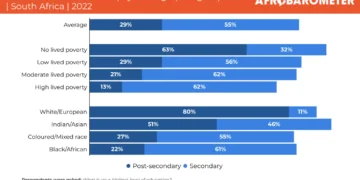



































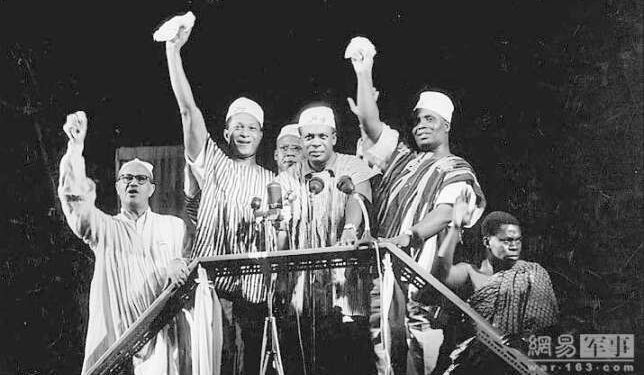


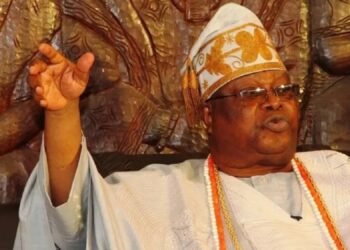
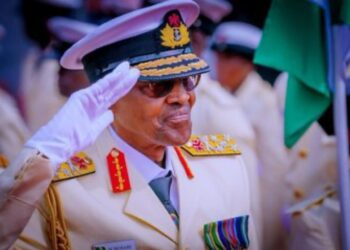
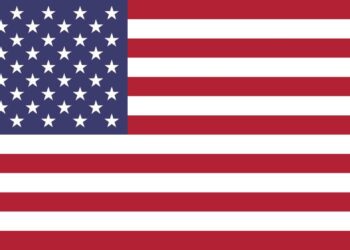




 EduTimes Africa, a product of Education Times Africa, is a magazine publication that aims to lend its support to close the yawning gap in Africa's educational development.
EduTimes Africa, a product of Education Times Africa, is a magazine publication that aims to lend its support to close the yawning gap in Africa's educational development.

